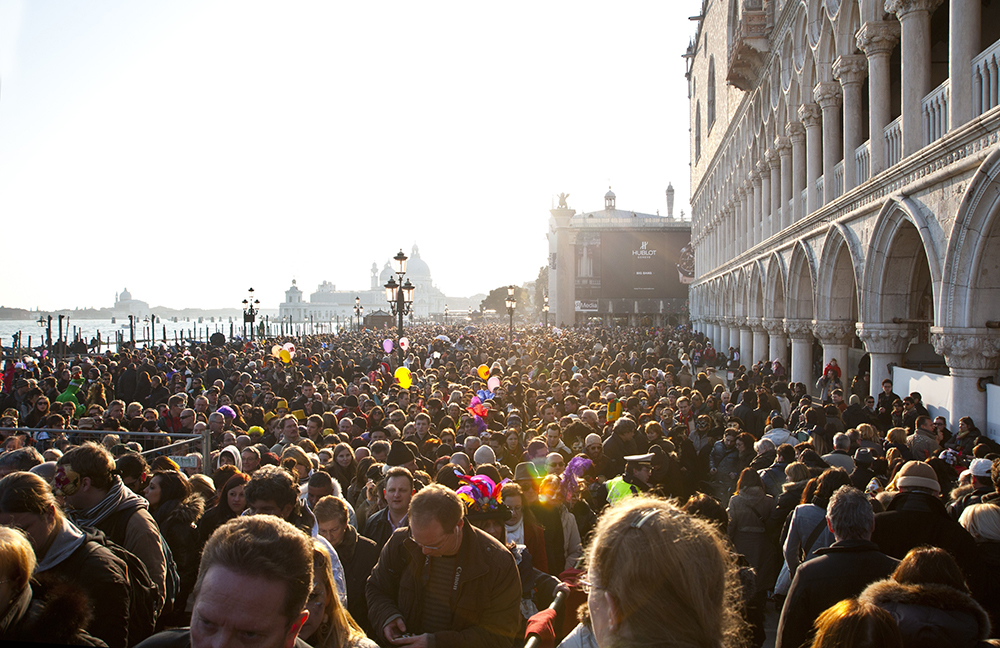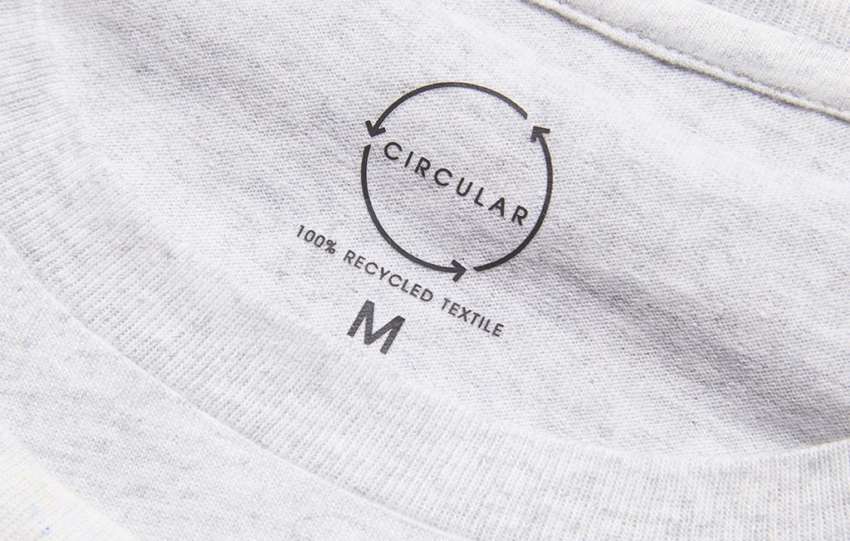We’ve reported on eco-anxiety several times because we feel that talking about it is the best way to not just raise awareness on it but also to help people who are suffering from it so they know they aren’t alone. This opinion piece by Jaclyn Yost from Ecomadic explores travel-related eco-anxiety, its impact on the tourism industry, the problem with sustainable tourism and what we can do about all of it.
With daily headlines warning of mass extinction, ocean acidification, increasing numbers of extreme weather events and natural disasters, along with the many other implications of climate change, mental health issues have spiked. More and more people are coming forward to report excessive worry, nervousness, sleeplessness, panic attacks, and other clear signs of anxiety and depression, all provoked due to the growing heightened awareness of the environmental crisis our planet is facing — aka “eco-anxiety.” This climate change-related phenomenon is so prevalent that the International Psychoanalytical Association has officially recognized it as “the biggest global health threat of the 21st century.”
How did we get here?
In the late 1950s, scientists released the first report of high carbon dioxide levels within the Earth’s atmosphere. In the 1980s, scientists began to warn about the unnatural rise in global temperatures. Ever since, research warnings have ensued, becoming more pressing as time has gone on. However, it wasn’t until October 2018, when the Intergovernmental Panel on Climate Change (IPCC) released their special report (setting a 12-year deadline to limit global warming to 1.5 °C above pre-industrial levels), that the world finally began to see the situation for what it really is: a crisis.
After almost 60 years of ignoring scientific warning signs, the climate emergency has grown into a huge and overwhelming problem. Science states that it is necessary to halve global emissions of greenhouse gases by 2030. However, the implementation of these goals before then is questionable mainly because industry power players have a tendency to resist alteration. This is due to the prioritisation of short-term profits and the extractive economy over conscious consumerism, environmental conservation, and system change.
With limited time, unambitious targeting, and dire future projections, mental health professionals suggest that it’s only natural that people are experiencing eco-anxiety over the direction that our planet is heading.
What does eco-anxiety look like in action?
According to climate researchers, one of the most effective solutions for our planet’s current predicament is altering everyday lifestyle comforts. For example, restricting the use of fossil fuels and changing consumer consumption patterns — specifically, how we shop, eat, and travel.

Regarding the tourism industry, consumer behaviour in the form of mass tourism, and the companies that cater to this influx, have infamously been linked to many negative environmental impacts — greenhouse gas emissions, excess waste, water and energy shortages, overdevelopment, environmental destruction, and wildlife exploitation to name a few. Additionally, overtourism has lead to socio-economic issues as swell such as commodification, standardisation, adaptation to tourist demands, lost/staged authenticity, disrespectful behaviour, depriving access to local people, cultural dilution, exploitation, and job level friction.
In an effort to transform the industry, sustainable tourism emerged intending to utilise travel as a tool to reach environmental conservation, social well-being and equity, cultural preservation, and economic efficiency. Nonetheless, the industry has been around since the 1970s, and we’ve still managed to reach this critical point in time, as sustainable tourism operations, at this time, can be considered “optional.”
Travel-related eco-anxiety tends to be triggered over the recognition that by going out and seeing the world, our Earth is simultaneously put into jeopardy. From taking into account our CO2 emissions down to the sunscreen we wear, every choice has an impact. And, unfortunately, although important, the independent, responsible decisions that travellers make abroad can only make such a difference.
Being conscious of this has been causing overwhelming feelings of hopelessness and despair over not being able to do enough (ahem, *eco-anxiety*). Which brings the discussion full circle and sparks the debate over how privileges, like travel, can be justified when the respective industries are not doing enough and directly contributing to the destruction of our planet.
What’s the next step?

There is still time to be hopeful over the actions that can be taken to make future forecasts less likely. While changing individual and public behaviours is important, what the travel and tourism sector needs to see, along with other consumer consumption industries, is system change.
What we can do to make this happen on a societal level is harness our eco-anxieties for good by banding together to form a collective movement; finding strength in numbers to influence policymakers and businesses alike. Forming these communities can not only give our anxious energy a place to go, but it can also create a platform to make a difference and inspire positive action.
Leading image via Independent


